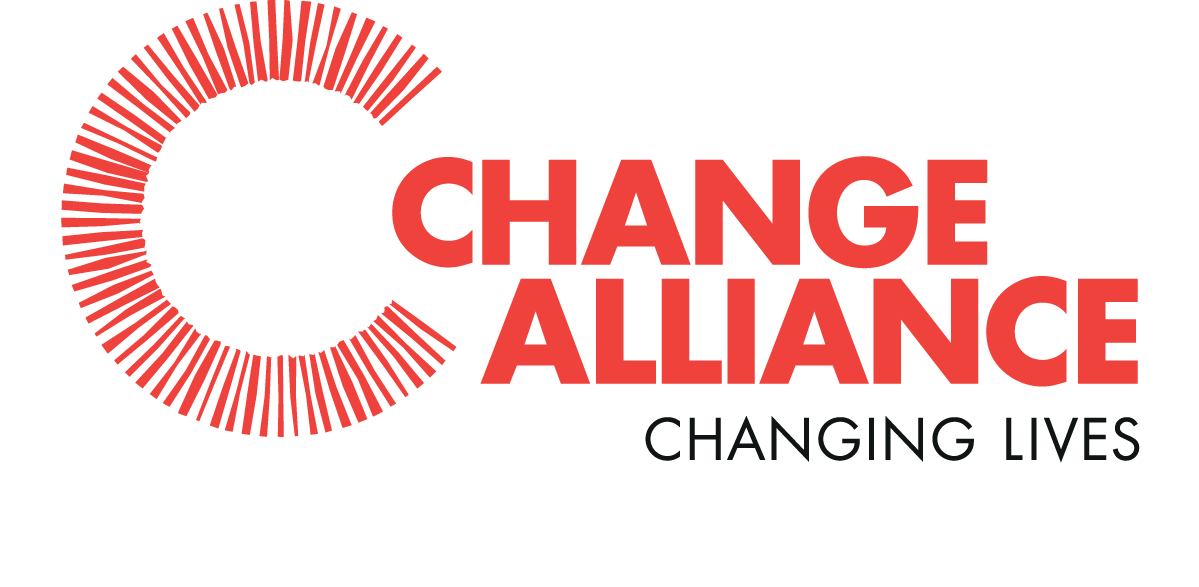Gender, Diversity, and Inclusion
The GDI vertical focuses on advancing inclusion and equality across diverse population groups, addressing systemic barriers, and empowering marginalized voices. This is further categorized into three practice areas:
1.1 Diversity, Equity & Inclusion:
We implement programs aimed at increasing the inclusion of marginalized populations, particularly within the framework of social protection schemes. Our efforts in this domain broadly aims to promote gender parity, access to education & technology, and equitable opportunities in workspaces and communities. For example, among our most recent efforts in 2024, we assessed the situation of access to government schemes for construction workers under the Building and Other Construction Workers (BoCW) Act and created a comprehensive report based on the assessment with the aim to create awareness and improve access to social protection schemes among building and construction workers in Jharkhand, in order to empower marginalized communities to avail their entitlements and benefits. We focused in 2024 on other educational aspects for adolescents like addressing the growing concern of internet abuse, cyber bullying, impact of social media on the mental health of adolescents by designing training modules and interventions in schools and also by pilot testing the module to ensure its effectiveness.
1.2 Climate Change Adaptation & Resilience Building:
This area focuses on addressing the vulnerabilities of marginalized communities to climate change through sustainable livelihood programs and enterprise development. Our work strengthens community resilience while promoting for example, climate-smart farming practices or climate-smart agriculture as one of the components of our work under this. For example, in 2023-24 in Bihar, we enhanced rural resilience through the GIZ-funded Appropriate Development Actions (ERADA) project, implementing a cluster-based climate-resilient livelihood model. We also focused on Integrated Fish Cum Makhana Farming as a livelihood strategy for the clusters, on strengthening rural self-governance, livestock-based livelihood development (goatery as an intervention strategy), enabling access to Government programmes and schemes such as convergence with MGNREGA, Developing ‘Makhana Resource Centre’ in Tribal pockets of Araria, Entrepreneurship Development and Post-Harvest Value Chain Development. etc. Under the Infrastructure for Climate Resilient Growth (ICRG) program, in 2023, we promoted sustainable and adaptive practices in agriculture and enterprise development for vulnerable communities.
1.3 Responsible Business:
In this practice area, we focus on fostering ethical supply chains by promoting business and human rights frameworks, decent working conditions, and effective grievance redressal mechanisms. Our work aims to enhance corporate accountability and ensure fair treatment for workers across industries. Currently, our efforts are concentrated on value chains in garments, sugarcane, cotton, seafood, essential goods (such as medicines), hard and soft goods (including furniture and home products), and automotive manufacturing, while continuously expanding into new value chains, particularly in agri- allied sectors like tea and coffee. We employ various methodologies, including helpline and case management, training programs, spot checks, and strengthening internal policies and mechanisms within value chains to improve access to remedies and grievance redressal systems. Our services, grounded in research and direct program implementation, leverage longstanding experience working in the formal sector with factories, suppliers, and workers. This includes delivering training, reviewing policy documents, setting up committees, improving access to remedies and grievance mechanisms, and fostering an ecosystem where brands, suppliers, workers, and communities collaborate in an enabling environment. Notable collaborations include partnerships with UNDP, the British High Commission, and brands such as Marks & Spencer, Superdry, Mothercare, Levi Strauss, as well as suppliers like Chelsea Mills and Richa Global.
We also have experience working in the informal sector with workers, suppliers, and home-based workers in various value chains. For instance, in the sugarcane value chain, at both the farm and mill levels, we are piloting a Human Rights and Decent Work initiative. This pilot emphasizes training on ILO’s Decent Work Principles, ILO indicators of forced labor, and the UN Guiding Principles on Business and Human Rights, aligning with international and national guiding frameworks as well as protective and prohibitive legislation. Additionally, we actively engage in consultations and dialogues, such as those on the EU Corporate Sustainability Due Diligence Directive (EUCSDDD), to ensure it addresses the needs of workers in the Global South. Our team has extensive experience delivering projects under the theme of Business Human Rights and has contributed to discussions at local, sub-national, national, regional, and international levels.
At the national level in 2024, we recently participated as a panelist at the Multi-Stakeholder Dialogue On Advancing Worker Voice And Access To Remedy In NCR’s Textile Sector where we highlighted some glaring data from some of our studies in the garment sector and our experience of working with garment factories; and also participated as a panelist at the Business Responsibility and Sustainability Reporting (BRSR) Commune 3.0 where we spoke about the Occupational Health and Safety Issues in the garment, sugarcane and automotive manufacturing sector and the work that we are currently doing to address and eliminate these issues. Based on our experience of engaging in various value chains we also participated at the Sutra 2024 event, at the launch event of Coalition for Responsible Sugarcane India (CRSI) and Stakeholder Event India 2024: Scaling Organic Cotton in India.
At the regional (Asia-pacific) level in 2024, we recently participated at the UNDP’s Responsible Business and Human Rights Forum in Bangkok in various sessions from 23 rd to 27 th September 2024, hosted a side session at the forum on Worker Grievance Mechanisms and Access to Remedy in Asia: Lessons from Selected Supply Chains on 24th September 2024, and compiled emerging recommendations for UNDP’s Remedy Blueprint document.
At the international level in 2024, we participated in the 13th United Nations Forum on Business and Human Rights in Geneva from 25–27 November 2024, where Change Alliance contributed to global discussions by presenting on MHRDD for migrant workers at the IOM and Responsible Business Alliance session. We also participated in key side sessions, including IDH’s The Gender Factor in Responsible Sourcing and ACT Alliance discussions, contributing insights on migration, indigenous rights, just transition, and corporate sustainability due diligence.
